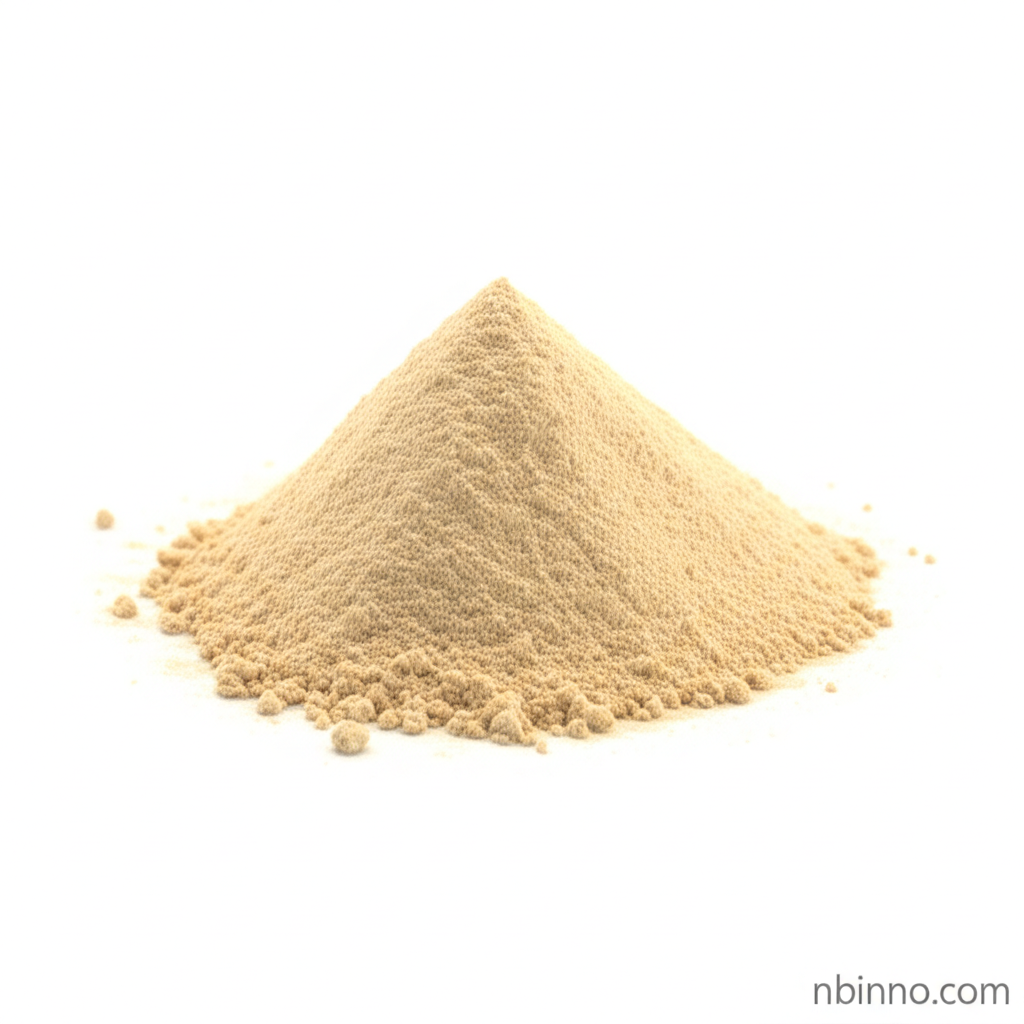Dopamine Hydrochloride CAS 62-31-7: Comprehensive Overview, Applications, and Sustainable Production
Explore the critical role of Dopamine Hydrochloride in pharmaceuticals and advanced materials, detailing its properties and a revolutionary sustainable synthesis from lignin.
Get a Quote & SampleProduct Core Value

Dopamine Hydrochloride
Dopamine Hydrochloride is a vital pharmaceutical intermediate and a crucial neurotransmitter, playing a significant role in neurological functions. Its applications extend to the treatment of various neurological disorders and the development of advanced materials. As a leading supplier in China, we provide high-quality Dopamine Hydrochloride manufactured with precision and adherence to stringent quality standards.
- Understand the fundamental chemistry behind neurotransmitter synthesis: Explore the pathways and intermediates crucial for producing vital brain chemicals like Dopamine Hydrochloride.
- Discover pharmaceutical intermediate manufacturing: Learn about the production of essential building blocks for complex drug formulations, ensuring purity and efficacy.
- Learn about lignin valorization for pharmaceuticals: Investigate innovative methods to convert biomass waste into high-value compounds for the pharmaceutical sector.
- Explore chemical synthesis of dopamine: Gain insights into the established chemical routes and emerging sustainable processes for dopamine hydrochloride production.
Advantages Offered
Sustainable Production Route
Our groundbreaking approach offers a sustainable production of Dopamine Hydrochloride directly from renewable softwood lignin, minimizing environmental impact and enhancing economic feasibility. This method contributes to green chemistry in pharmaceuticals.
High Purity and Quality
Achieve high purity of 98.0% through a simplified filtration process, ensuring the quality required for pharmaceutical applications and advanced material synthesis.
Cost-Effective Manufacturing
The innovative process for dopamine hydrochloride production is economically competitive, predicting a significantly lower production cost compared to current market prices, making it an attractive option for bulk purchase.
Key Applications
Pharmaceutical Intermediates
As a key pharmaceutical intermediate, Dopamine Hydrochloride is essential for the synthesis of various therapeutic agents, supporting the development of new drugs.
Neurotransmitter Research
Its role as a neurotransmitter makes it invaluable for research into neurological diseases like Parkinson's and Alzheimer's, contributing to our understanding of brain function.
Advanced Carbon Materials
Dopamine serves as a base for advanced carbon materials, particularly polydopamine-based N-doped carbon, which are crucial for future carbon electrodes due to their strong ion and electron conductivity.
Biorefinery Enhancement
The lignin valorization process transforms biomass waste into a high-value compound, significantly enhancing the economic feasibility of lignocellulosic biorefineries.
